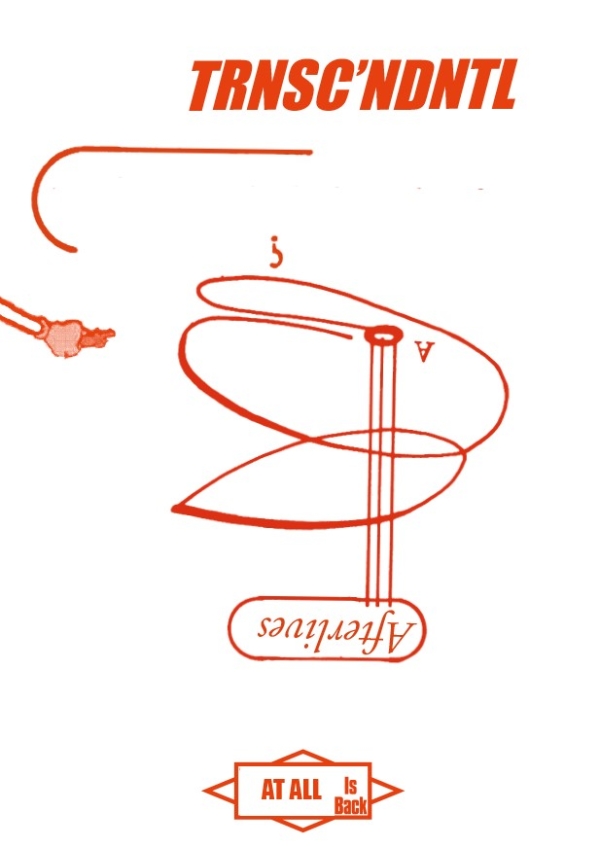The concept of the transcendental forms the basis of Kant’s critical project. Kant’s
effort to reform philosophy by delimiting the field of speculative metaphysics from the transcendental made possible both
the critique of theorical cognition and ethics. Even if this project did not succeed in providing a critical foundation of
a post-metaphysical worldview, the conceptual potential of the notion of the transcendental has not been exhausted. For the
transcendental is by no means opposed to speculative metaphysics; rather, it is itself a speculative concept that promises
to put an end to all speculation. This is how post-Kantian philosophy and literary theory received the concept. They grasped
the transcendental as the condition of possibility of both speculative and perceptible or intuitive knowledge. The transcendental
was the means by which concept and object, immediacy and reflection, the finite and the infinite or universal could be related
to one another or even intertwined.
If we grant the thesis that at its core the concept of the
transcendental includes a speculative moment, the concept’s afterlives as they are inscribed in contemporary philosophy from
Heidegger to Adorno, Foucault, and Deleuze raises two primary, correlated questions. On the one hand, one has to clarify how
the conceptual problem of drawing boundaries can be related to the semantic, dynamic-transcending dimension of the concept,
and on the other hand, how the transcendental can be understood as an interface between a “groundwork” and its constructions
from which the major categories of the modern symbolic, such as science, politics, or art, first emerge. It is thus a question
of the status of the "transcendental idea" of science, art and politics and their respective relation to their empirical objects,
to the field of their shared condition, and to the dynamics of their development as particular symbolic forms of modernity.
Accordingly, the conference will be divided into three sections dedicated to the epistemic, the artistic-aesthetic,
and the political transcendental. The common ground lies in the significance of their respective relations to a "transcendental
idea" and the resulting theoretical and practical consequences.
With: Antonia Birnbaum, Nathan Brown, Helmut Draxler,
Peter Osborne, Rado Riha, Marc Rölli, Jelica Sumic Riha, Stella Sandford, Zeynep Türel, Jan Völker
More:
philosophie.uni-ak.ac.at/category/news



